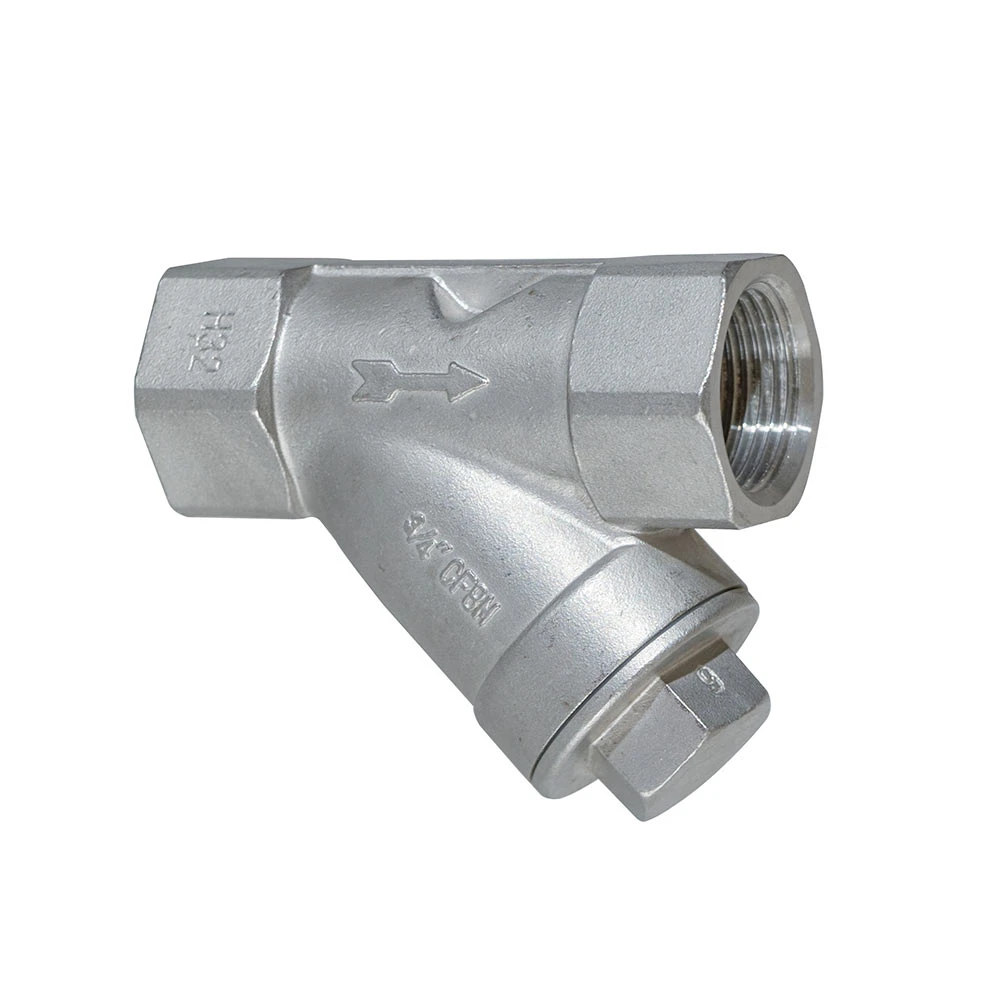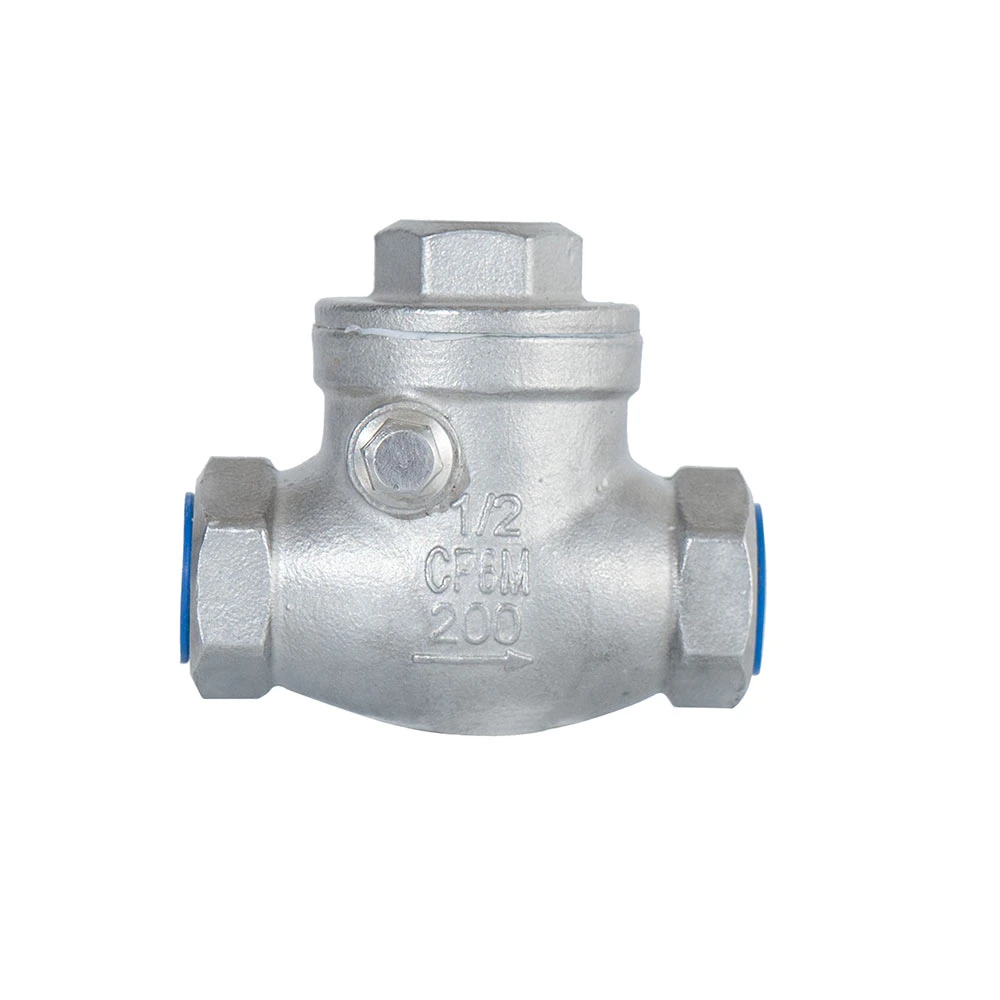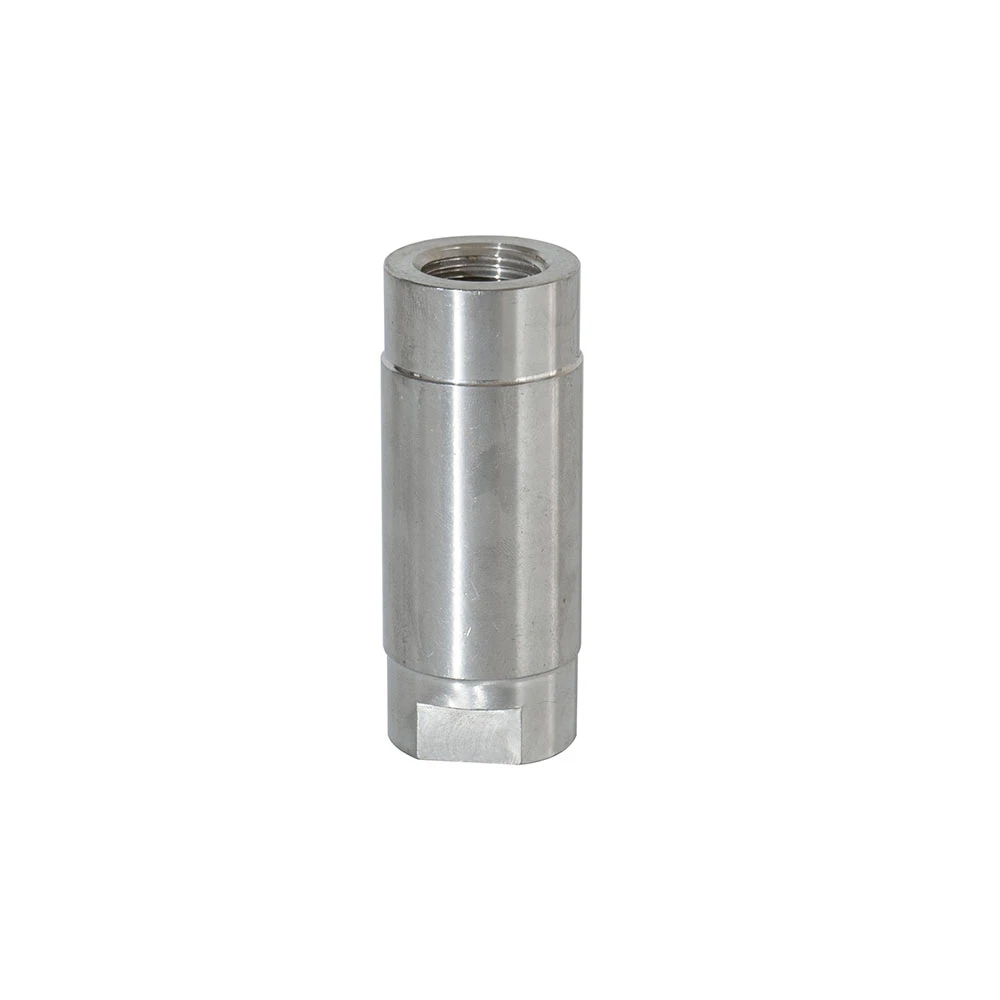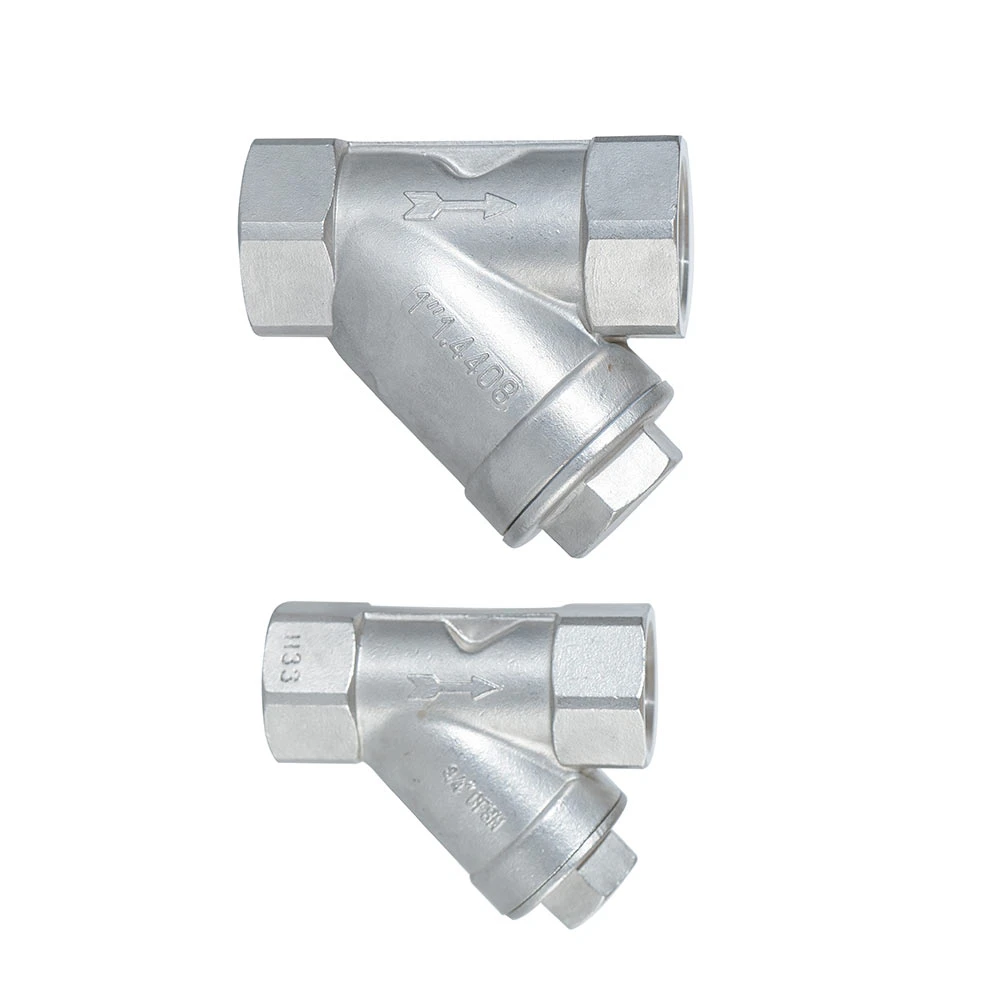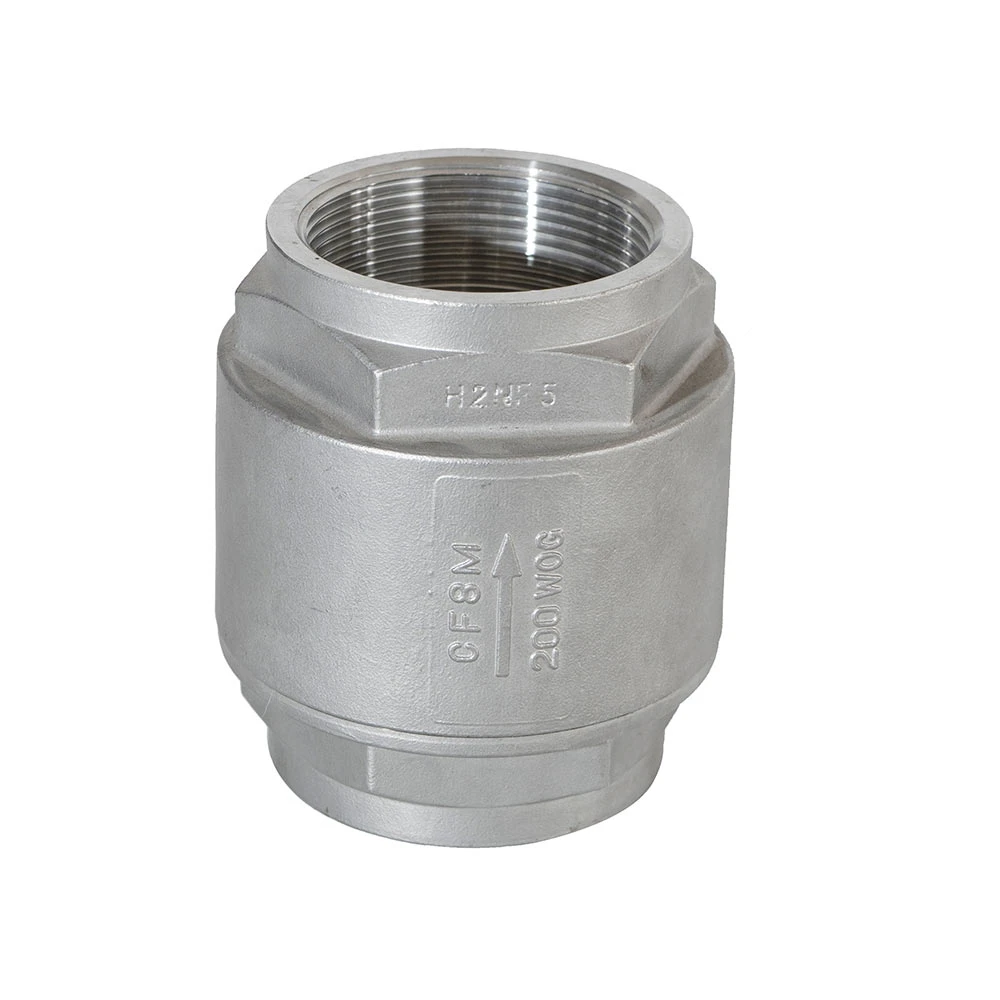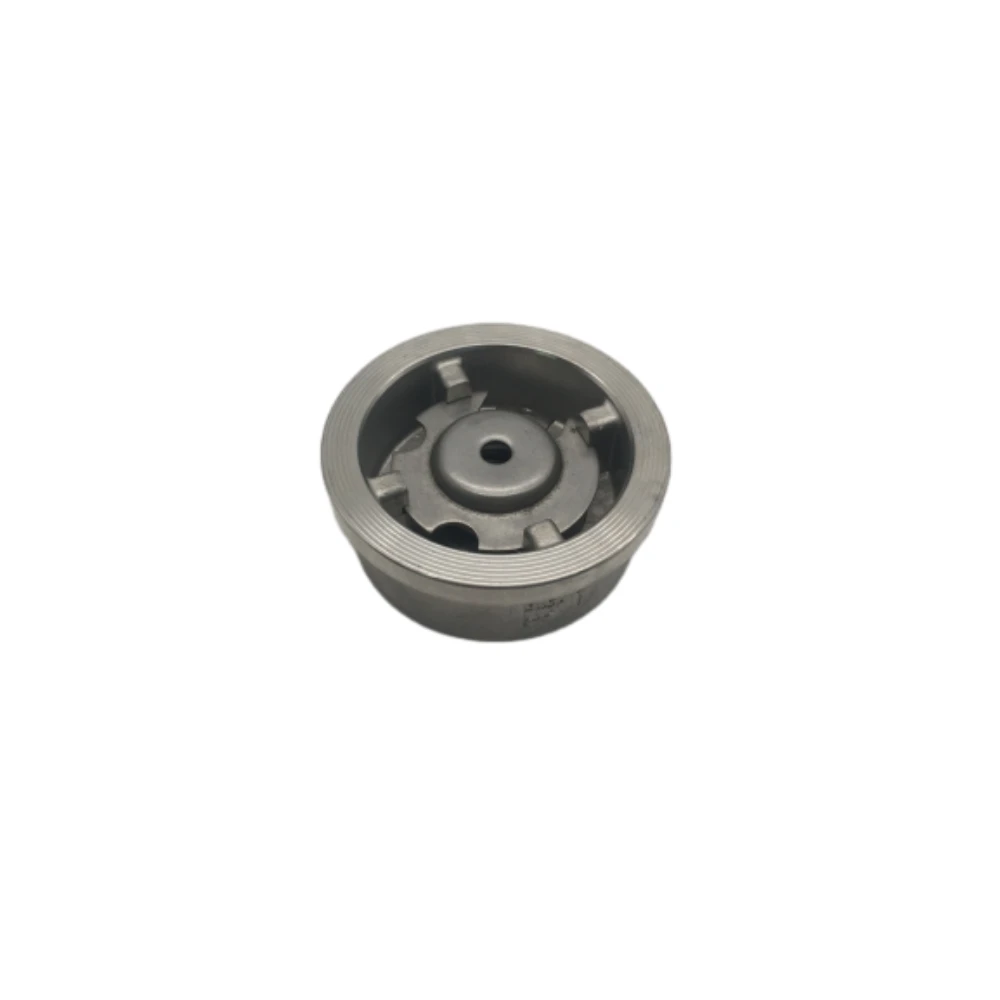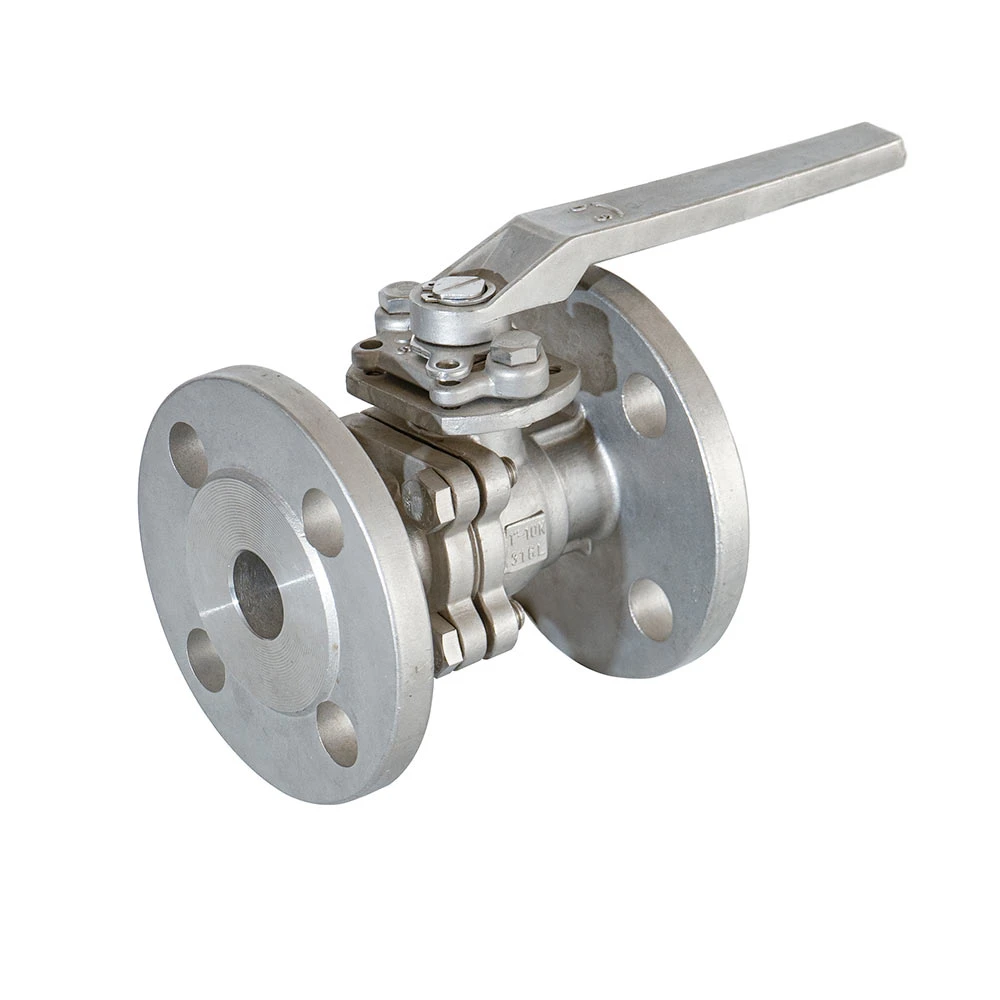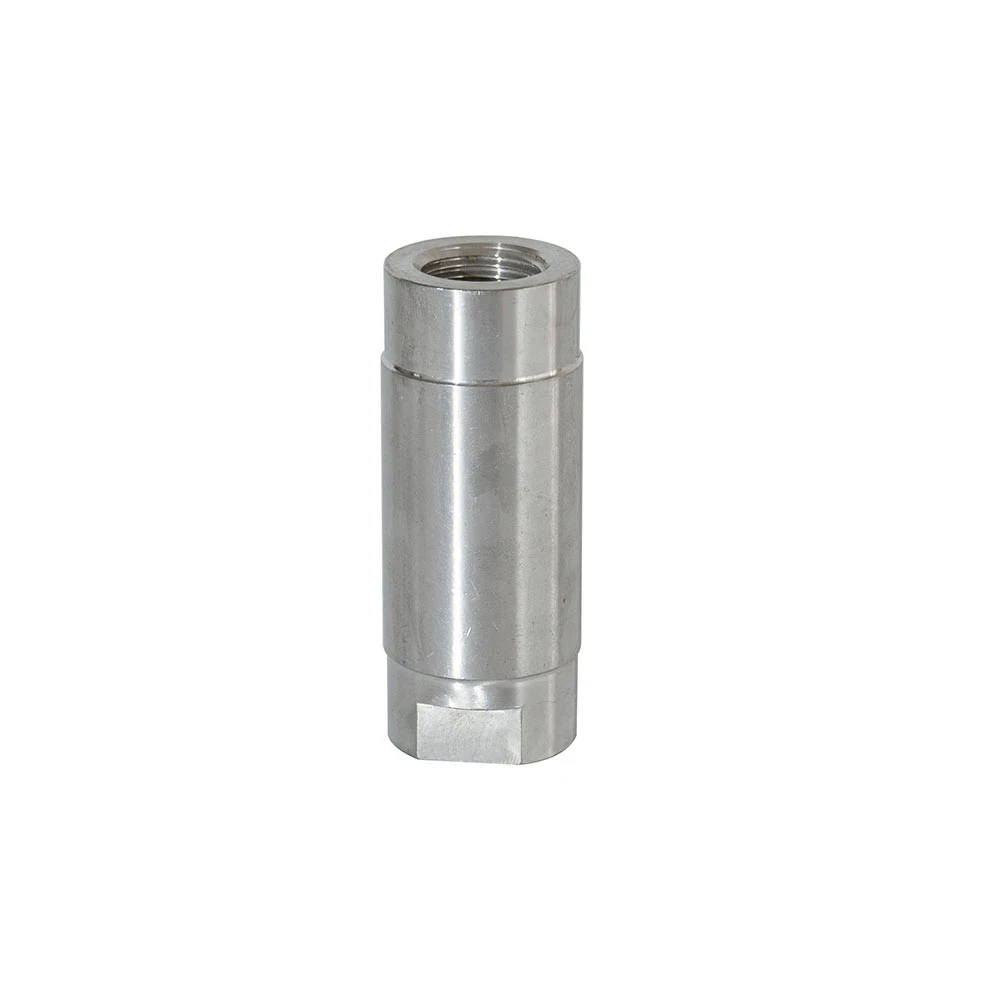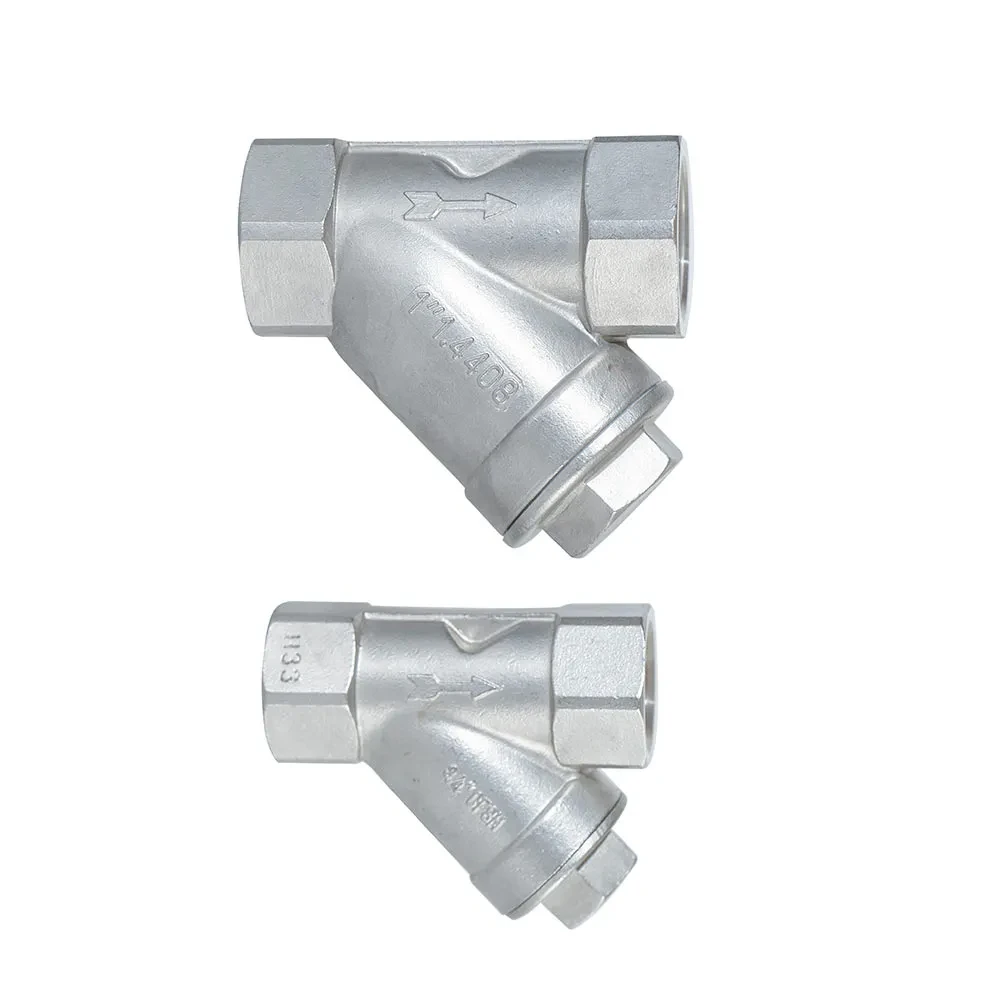Polyaspartic Acid (PASP) Enhances Fertilizer Efficiency | Sustainable Agricultural Solutions for Modern Farming

As the global agricultural sector faces increasing demands for sustainable practices and resource efficiency, Polyaspartic Acid (PASP) has emerged as a revolutionary solution to address critical challenges in fertilizer utilization. Developed by Hebei Xietong Chemical Co., Ltd., a leading innovator in green chemical solutions, PASP is designed to enhance fertilizer efficiency, reduce environmental impact, and empower farmers to achieve higher yields with lower input costs. This comprehensive article explores the science behind PASP, its applications, technical specifications, and the transformative benefits it offers to modern agriculture.
Introduction to Polyaspartic Acid (PASP)
Polyaspartic Acid (PASP) is a biodegradable, water-soluble polymer derived from the amino acid aspartic acid. Its unique molecular structure enables it to act as a chelating agent, nutrient enhancer, and soil conditioner. When integrated into fertilizer formulations, PASP significantly improves the availability and uptake of essential nutrients such as nitrogen, phosphorus, and potassium by plants. This makes it an ideal additive for both conventional and organic farming systems.
Hebei Xietong Chemical, a pioneer in the development of eco-friendly agricultural chemicals, has dedicated years to refining PASP technology. Their commitment to innovation has positioned PASP as a key component in the global shift toward sustainable agriculture. By leveraging PASP, farmers can reduce fertilizer wastage, minimize soil degradation, and achieve long-term environmental and economic benefits.
Market Demand and Industry Challenges
The agricultural industry is under immense pressure to meet the needs of a growing global population while adhering to strict environmental regulations. Traditional fertilizers often suffer from low efficiency, with up to 50% of applied nutrients lost to leaching, runoff, or volatilization. This not only increases production costs but also contributes to water pollution and greenhouse gas emissions.

According to a 2023 report by the Food and Agriculture Organization (FAO), inefficient fertilizer use is a major contributor to soil health degradation and climate change. Farmers are increasingly seeking solutions that optimize nutrient delivery while reducing environmental footprints. PASP addresses these challenges by enhancing nutrient retention in the soil and improving plant absorption rates. Studies have shown that PASP can increase fertilizer efficiency by 20-40%, directly translating to cost savings and improved crop yields.
Key Benefits of Polyaspartic Acid (PASP)
1. Enhanced Nutrient Uptake
PASP forms stable complexes with micronutrients, preventing them from being locked in the soil and making them more accessible to plant roots. This is particularly beneficial in alkaline soils, where nutrient availability is often limited.
2. Reduced Environmental Impact
By minimizing nutrient runoff and leaching, PASP reduces the risk of water contamination and eutrophication. Its biodegradable nature ensures that it does not persist in the environment, aligning with global sustainability goals.
3. Cost-Effective Farming
Farmers can achieve the same or higher crop yields with reduced fertilizer inputs, lowering production costs. PASP also extends the shelf life of fertilizers, reducing waste during storage and transportation.
4. Improved Crop Quality
PASP promotes balanced nutrient uptake, leading to healthier plants with enhanced resistance to pests, diseases, and environmental stressors. This results in higher-quality produce and greater market value.

Technical Specifications and Application Guidelines
Product Composition:
- Active Ingredient: Polyaspartic Acid (≥98%)
- Appearance: White to off-white powder or liquid solution
- Solubility: Fully soluble in water
- pH Range: 5.0-8.5 (optimal for most soil types)
Recommended Application Methods:
- Soil Application: Mix PASP with liquid or granular fertilizers at a ratio of 1:50 to 1:100 (weight/volume). Apply during planting or as a foliar spray for immediate nutrient absorption.
- Foliar Spraying: Dilute PASP in water at a concentration of 0.1-0.5% and spray directly onto crop leaves for rapid nutrient uptake.
- Hydroponics: Add PASP to nutrient solutions at a concentration of 0.05-0.2% to enhance mineral availability.
Storage and Handling:
- Store in a cool, dry place away from direct sunlight.
- Avoid contact with strong acids or bases to prevent degradation.
- Use within 12 months of purchase for optimal performance.

Company Profile: Hebei Xietong Chemical Co., Ltd.
Founded in 2008, Hebei Xietong Chemical Co., Ltd. has established itself as a leader in the production of green chemical solutions for agriculture and industry. With over 15 years of expertise, the company specializes in developing eco-friendly products that address global environmental and agricultural challenges.
Hebei Xietong’s commitment to innovation is reflected in its state-of-the-art R&D facilities and partnerships with leading agricultural institutions. The company adheres to international standards such as ISO 14001 and ISO 9001, ensuring that its products meet the highest quality and safety requirements. Its PASP technology has been recognized with multiple awards, including the 2022 Green Innovation Award by the International AgriTech Association.

Research and Development Capabilities
Hebei Xietong’s R&D team comprises over 50 scientists and engineers specializing in polymer chemistry, soil science, and agricultural biotechnology. Their work focuses on optimizing PASP formulations for diverse crop types, soil conditions, and climate zones. Key innovations include:
- Customized Formulations: Tailored PASP blends for specific crops (e.g., rice, wheat, fruits) and soil types (e.g., sandy, clay, saline).
- Smart Delivery Systems: Encapsulated PASP particles that release nutrients gradually, reducing the need for frequent applications.
- Compatibility Testing: Rigorous testing with major fertilizer brands to ensure seamless integration into existing farming practices.
These advancements have enabled Hebei Xietong to serve a global client base, including agrochemical companies, large-scale farms, and government agricultural programs.
Customer Testimonials and Case Studies
Case Study 1: Large-Scale Corn Farming in the Midwest, USA
A 5,000-acre corn farm in Iowa reported a 35% reduction in nitrogen fertilizer use after adopting PASP. The farm’s yield increased by 18%, and soil health improved significantly over two growing seasons.
Case Study 2: Organic Vegetable Production in Southeast Asia
A cooperative of 200 organic farmers in Vietnam integrated PASP into their composting process. The result was a 25% increase in nutrient availability, leading to higher-quality vegetables and a 20% reduction in water usage for irrigation.

Client Quote:
“Since using PASP, our fertilizer costs have dropped by 30%, and our crop yields have consistently exceeded expectations. It’s a game-changer for sustainable farming.”
– John Martinez, CEO, GreenHarvest Farms
Custom Solutions and Scalable Services
Hebei Xietong offers tailored solutions to meet the unique needs of its clients. Whether you are a small family farm or a multinational agrochemical company, their team provides:
- Product Customization: Adjust PASP formulations to match your specific crop requirements and budget constraints.
- Technical Support: On-site consultations, application training, and real-time troubleshooting.
- Logistics and Distribution: Global shipping options with flexible packaging (25kg, 250kg, and bulk containers).
For large-scale operations, Hebei Xietong also offers bulk purchasing discounts and long-term supply agreements, ensuring cost-effective and reliable access to PASP.
Environmental and Safety Compliance
Hebei Xietong’s PASP products are fully compliant with:
- ISO 14001: Environmental management systems to minimize ecological impact.
- REACH Regulation: Ensuring safe use of chemicals in the European Union.
- US EPA Guidelines: Adherence to strict safety and environmental standards in the United States.
PASP is non-toxic, non-flammable, and biodegradable within 90 days, making it a safe choice for farmers, consumers, and the environment. The product has also been certified by the International Organization for Standardization (ISO) for its quality and sustainability credentials.

Product Packaging and Shipping
Hebei Xietong provides flexible packaging options to suit different business scales:
- Standard Packaging: 25kg and 250kg plastic drums for small to medium enterprises.
- Bulk Packaging: 1,000kg or 2,000kg intermediate bulk containers (IBCs) for large-scale operations.
- Custom Packaging: Tailored solutions for specific client requirements.
For international clients, the company offers door-to-door shipping through trusted logistics partners. Orders are processed within 24 hours of placement, with delivery times varying by region. Additional services include customs documentation and import/export compliance support.
After-Sales Support and Technical Assistance
Hebei Xietong is committed to providing exceptional customer service throughout the product lifecycle. Their dedicated support team is available 24/7 to address technical inquiries, troubleshoot issues, and provide guidance on optimal PASP application.
Key support services include:
- Free Technical Consultation: Access to expert agronomists and chemists for personalized advice.
- Training Programs: Workshops and online courses to educate farmers and distributors on PASP best practices.
- Warranty and Returns: A 100% satisfaction guarantee with hassle-free returns and replacements.
For urgent assistance, clients can contact Hebei Xietong via phone at +86-400-123-4567 or email at support@thinkdochemicals.com.
Conclusion and Call to Action
With its proven ability to enhance fertilizer efficiency, reduce environmental impact, and improve crop yields, Polyaspartic Acid (PASP) is a transformative solution for modern agriculture. Hebei Xietong Chemical’s commitment to innovation, quality, and sustainability ensures that farmers and agribusinesses can achieve long-term success while contributing to a greener future.
Ready to experience the benefits of PASP?
Visit our product page to explore detailed specifications, pricing, and application guides. Contact us today at our contact page to schedule a consultation or request a sample.
Together, let’s build a more sustainable and productive agricultural industry.
Frequently Asked Questions (FAQ)
Q1: How does Polyaspartic Acid improve fertilizer efficiency?
A: PASP enhances nutrient availability by forming stable complexes with essential minerals, reducing leaching and volatilization. This ensures that plants absorb nutrients more efficiently, leading to higher yields and lower fertilizer costs.
Q2: Is PASP safe for organic farming?
A: Yes, PASP is a biodegradable and non-toxic polymer that meets organic certification standards. It is suitable for use in both conventional and organic farming systems.
Q3: Can PASP be used with all types of fertilizers?
A: PASP is compatible with most liquid and granular fertilizers. However, it is recommended to conduct a small-scale test before large-scale application to ensure optimal results.
Q4: How long does PASP last in the soil?
A: PASP degrades naturally within 90 days, leaving no harmful residues. Its biodegradable nature makes it an environmentally friendly choice for long-term soil health.
Q5: What are the shipping options for international customers?
A: Hebei Xietong offers global shipping through trusted logistics partners. Customized packaging and compliance documentation are available to meet international requirements.
Q6: Are there any discounts for bulk purchases?
A: Yes, we offer competitive pricing for bulk orders. Contact our sales team for a personalized quote based on your requirements.

